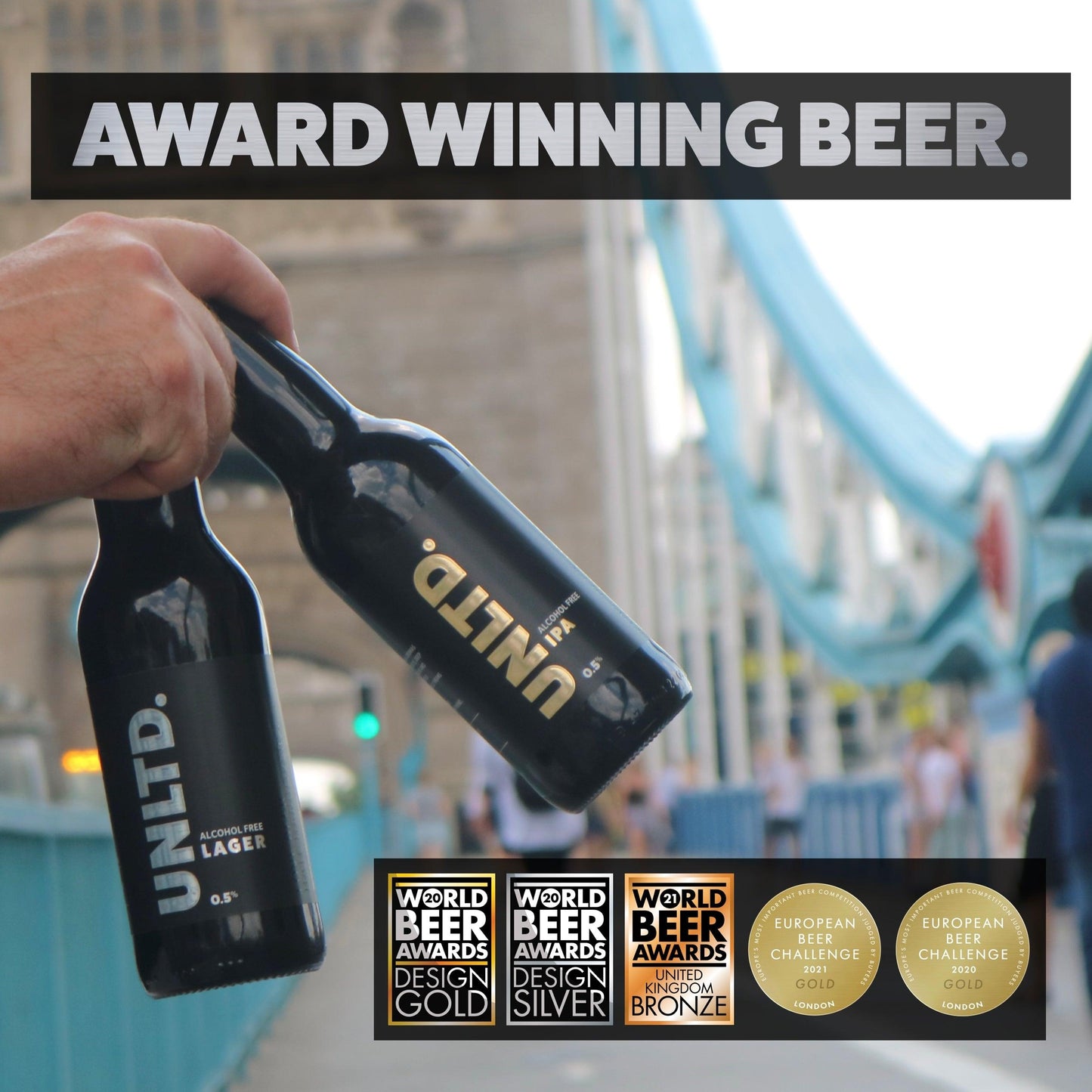
With the cricket season starting, many people will be looking forward to a beer or two on a sunny afternoon while watching a match, be it a low key county game or in a big crowd at an international match.
Such joys were, however, denied to people in 2020, along with so many other social occasions that could involve booze, from nights out in the pub to parties, from music festivals to cruises.
While sport became a behind-closed-doors affair and travel was something one watched videos about while longing for those days to return, drinking also became a private affair, one that for many also became a means of escape - often with damaging consequences.
If ever there was a good reason to take up healthy alcohol free drinks, the pandemic provided it. This was clear enough even last year, with the government publishing data in July 2021 showing there had been a 21 per cent rise in deaths from alcohol-related liver disease in the first year of the pandemic.
The same has been true in other countries. For example, a study by the National Institute on Alcohol Abuse and Alcoholism in the US found alcohol-related deaths jumped by 25 per cent there in the first year of the pandemic.
However, it’s not just about the tragic statistics that have emerged from the crisis. There is also the realisation for many that they have had a far less healthy relationship with alcohol than they were previously prepared to admit.
Writing this week in The Guardian, columnist and former brewer Maggie Neal Doherty said the pandemic had helped her understand how bad her own issues had become, with a lifestyle that had involved not only boozy parties but even - as a craft brewery owner - a sense of obligation to drink. She admitted her intake had risen during lockdown.
Following an excessive drinking episode in October 2021 she faced up to the severity of her situation. She and her husband disposed of all the alcohol in the home and she has been dry ever since.
This experience may be far from unique. Many people who have had too much during lockdown and even beyond, including people feeling very isolated because they were forced to social distance from all contact until bubbles were allowed, will have subsequently realised they needed to change.
Of course, the resumption of all those social occasions - from pub trips to BBQs and sunny days at the cricket where the afternoon queues at the bar are endless - could make drinking alcohol seem an integral part of a norm that has resumed.
However, this is where drinking alcohol-free alternatives makes sense. You can be consuming vitamins instead of alcohol, enjoying the taste of beer with none of the negative consequences.
Now summer is coming and the sound of leather on willow is back with us, you can enjoy the delights of sunshine and warmth on a pleasant afternoon without the regrets on the morning after, or any worries about the impact on your longer-term health.
